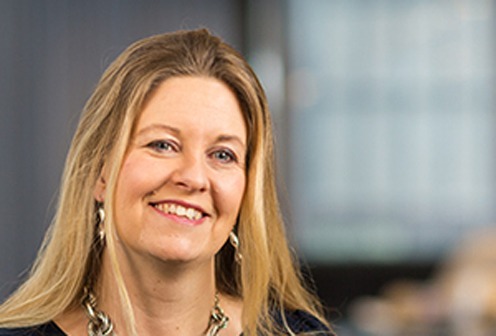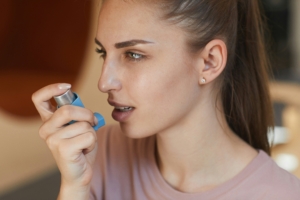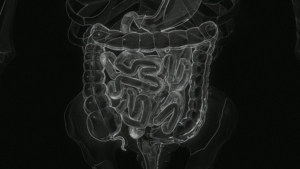
Green carbon footprint
In September, Unilever announced a €1bn investment to improve the sustainability of its cleaning brands from the ground up. European Biotechnology spoke to Dr Neil Parry, R&D programme director of biotechnology and biosourcing at Unilever about the goals of Clean Future.
EuroBiotech_Could you please describe the roots and objectives of Unilever’s Clean Future Initiative?
Parry_Unilever was founded a century ago with the vision of making cleanliness and hygiene commonplace. Since, COVID-19 has reinforced the importance of access to high-performing cleaning products, and the global environmental crisis continues to grow. Through Clean Future, our €11bn Home Care business is re-imagining how it works globally to give people hygiene and cleanliness without costing the earth.
EuroBiotech_To what extent are the objectives of the initiative aligned with the objectives of the EU’s Green Deal?
Parry_Clean Future and the EU’s Green Deal share the same overarching objective: generate growth within the limit of the planet. To achieve this, both are leveraging the circular economy principles while betting on new “clean technologies” to reduce our dependency on fossil carbons, sustain healthy ecosystems, and achieve climate neutrality.
EuroBiotech_What is the strategic importance of the initiative for Unilever?
Parry_Clean Future addresses two key imperatives. First: how our cleaning and laundry brands, representing over half of Unilever’s volumes, will deliver on Unilever’s bold commitment to make its products net zero emissions by 2039. The second imperative is to drive growth. By fundamentally changing how we make our products, we will unlock new opportunities for functional superiority, a key driver of consumer preference.
EuroBiotech_Under the Clean Future Initiative, Unilever has announced that it will invest €1bn to replace fossil fuel-based carbon in detergents with bio-based carbon. What role will biotechnological processes play in this conversion and what impact will the conversion have on Unilever’s existing production infrastructure?
Parry_ Within Clean Future, biotechnological processes are central to the sourcing opportunities of our functional ingredients and materials, helping us to create completely new molecules with exciting new consumer benefits. Secondly, biotechnology and bioprocessing of carbon feedstocks are essential to ensuring we can source our available carbon from a variety of sources that have a minimal impact on ecosystems (what we term using the full “Carbon Rainbow”). However, biotechnology-derived ingredients are not new in Home Care. Enzymes already play an important role in delivering environmental and consumer benefits. What is new is our work on biotechnology and biobased solutions for the wider set materials we use. Our recent launches using biological surfactants are a testament to the application of biotechnology in the unlocking of superior performing materials derived from nature.
EuroBiotech_Will Unilever work with other industrial partners in the framework of the Clean Future Initiative? In what ways?
Parry_Our biggest challenge to transitioning to renewable and recycled carbon sources in our formulations is to ensure these solutions can be delivered at scale. As part of Clean Future, we will work with incumbent and new suppliers and technology partners who are committed to creating that scale. We also recognise the need to develop supply chain partnerships and develop multi-partner initiatives, something we are already engaged in and expect to see more of across the innovation path.
EuroBiotech_What impact do you expect the improved environmental impact to have on Unilever’s business?
Parry_The Carbon Rainbow alone, based on current technology, will deliver up to 20% of our products’ greenhouse gas reduction. If we consider other initiatives within Clean Future, such as low carbon chemistry and packaging innovations, we expect considerably more impact.
Dr Neil Parry is an R&D programme director of biotechnology and biosourcing at Unilever. The department’s emphasis is on pioneering new ingredients with a superior performance, which are sustainably sourced, to drive product differentiation through new material invention in industrial biotechnology and green chemistry. Neil is responsible for the skill base and core bioscience capabilities of the Home Care division and has the responsibility in leading the programme of activity within both internal and external teams.
This Interview was published in the European Biotechnology Magazine Autumn Edition 2020.



 Unsplash+
Unsplash+